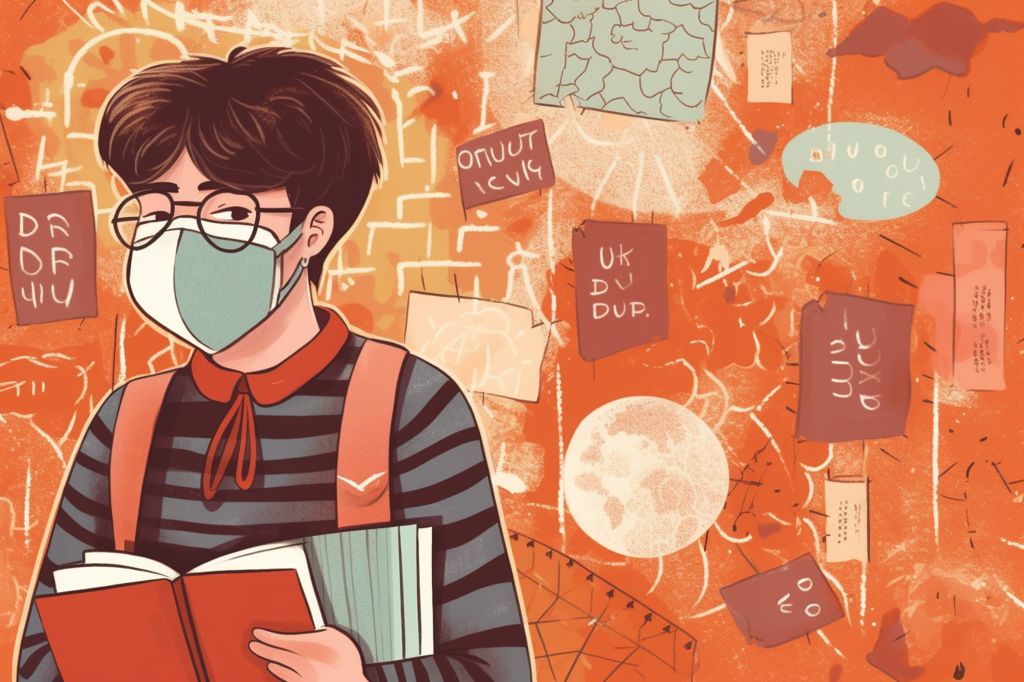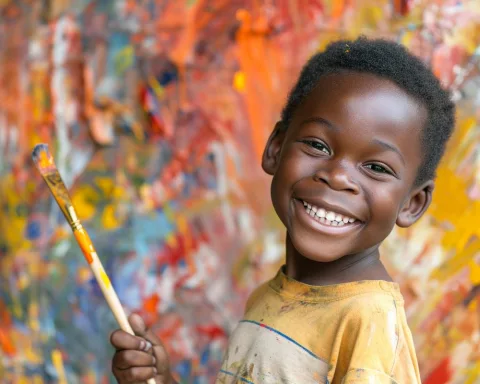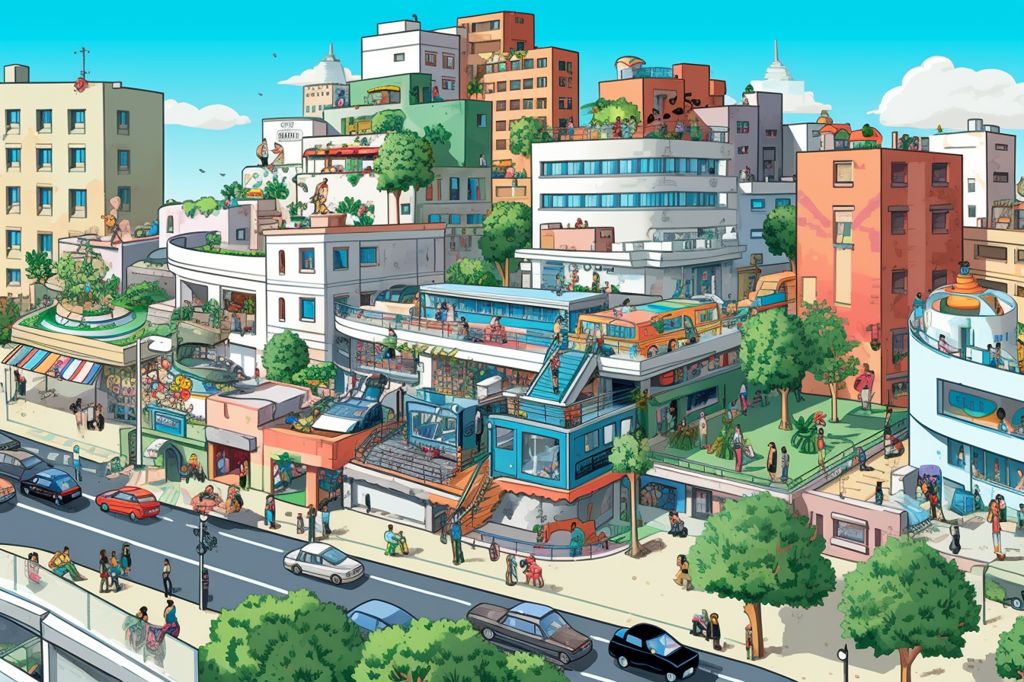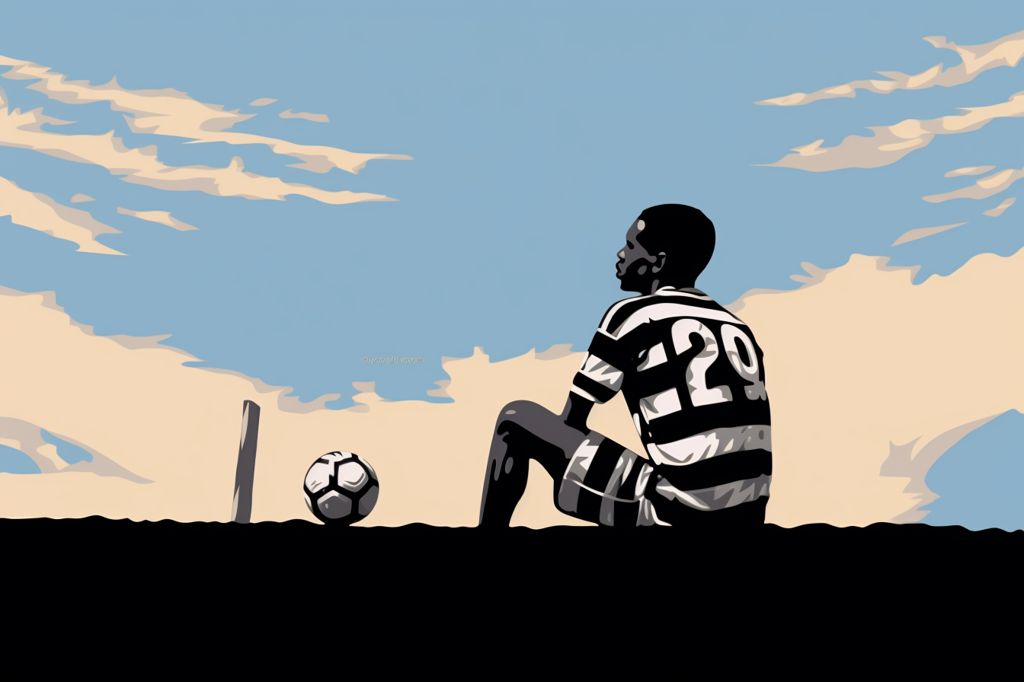The COVID-19 pandemic has had a significant impact on the reading literacy levels of learners in South Africa. In a recent media briefing, Minister of Basic Education Angie Motshekga addressed the issue after the release of the Progress in International Reading Literacy Study (PIRLS). The results of this study placed South African learners at the bottom of 50 participating countries in terms of reading ability.
PIRLS Assessment
In May 2023, the PIRLS assessment showed that 81% of South Africa’s fourth-graders were unable to read in any language with understanding. Professor Nic Spaull, a member of the 2030 Reading Panel, further highlighted the literacy crisis by pointing out that these children had also failed basic fluency assessments in Grade 2 and did not master the alphabet by the end of Grade 1.
Addressing the Issue at its Roots
Professor Spaull emphasized the importance of addressing the issue at its very roots, stating that “policy attention must turn to what is happening in Grade 1 and 2 classrooms that prevent this most basic knowledge from being acquired.” He suggested that the lack of essential literacy building blocks in the early grades is the primary cause of the problem.
Minister Motshekga’s Response
Minister Motshekga concurred with Professor Spaull’s assessment, stating that the PIRLS report confirmed lower primary reading competencies had declined in South Africa and other countries due to pandemic-related school disruptions. She noted that the magnitude of the decline in the country’s literacy rates did not come as a surprise, as South Africa was actively monitoring the impact of the pandemic on learning outcomes. The PIRLS results were in line with previous findings.
The Importance of Family Involvement
Acknowledging the critical role of her department in supporting student development, Motshekga also urged families to cultivate a reading culture at home. She stressed the importance of recognizing that learning begins at birth, not just at Grade R. “Whilst as a department we play a very important role in supporting early learning skills and teaching children how to read, the entire ecosystem must also be involved,” she said.
Schools provide essential materials and resources, especially for families who rely on them exclusively. However, fostering a love for reading starts at home, and family involvement is crucial in ensuring that children develop strong reading skills.
The National Reading Barometer Survey
The recent launch of the National Reading Barometer by Nal’ibali further underscored the literacy crisis among South African children. Their survey found that two-thirds of children under the age of 10 do not own a single children’s book.
A Multi-Faceted Approach
As the country grapples with the issue of declining literacy rates, it is evident that a multi-faceted approach is required. Addressing the problem involves not only the Department of Basic Education but also the concerted efforts of families, schools, and the larger community. By working together, we can prepare South Africa’s young learners to become proficient readers and ultimately succeed in their academic pursuits.












